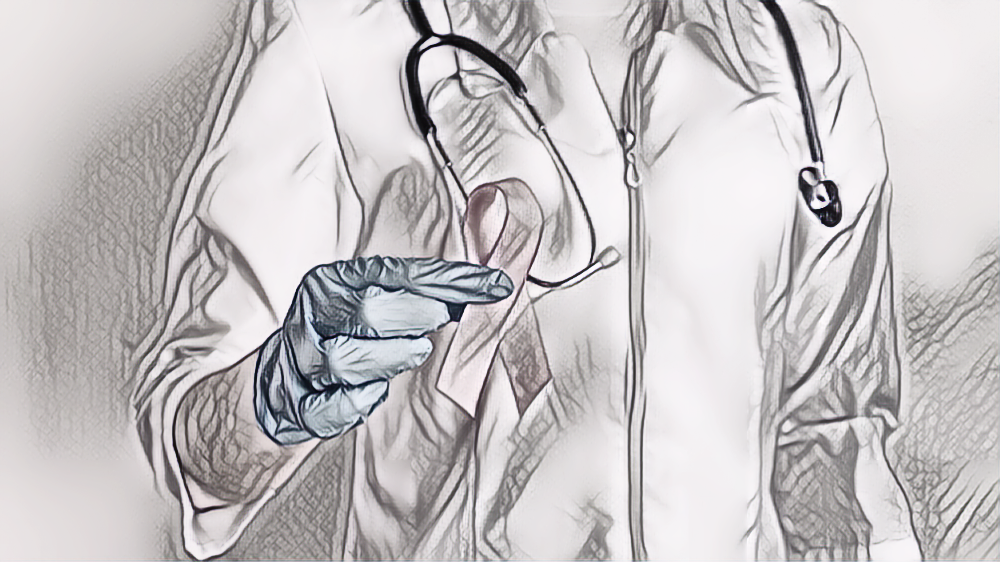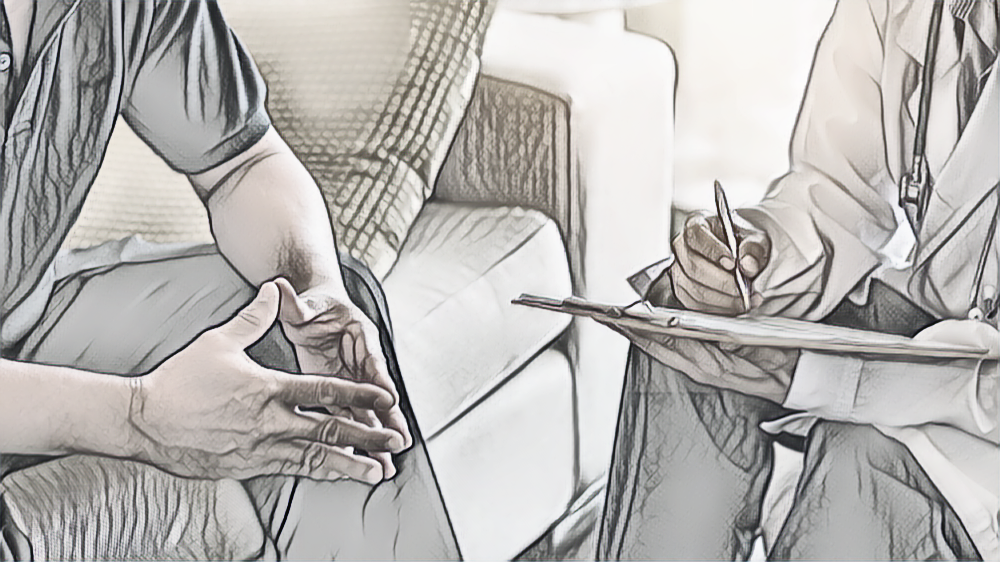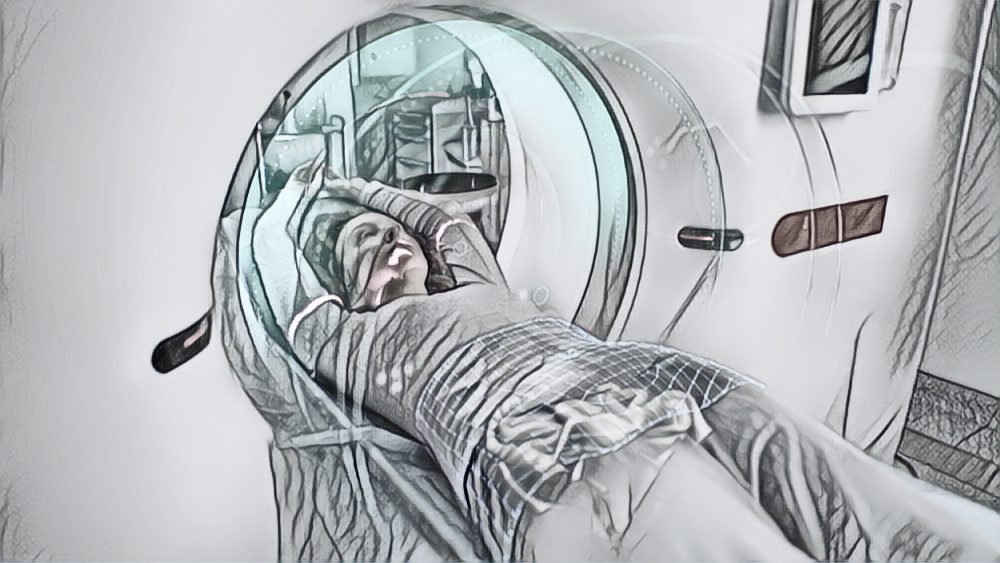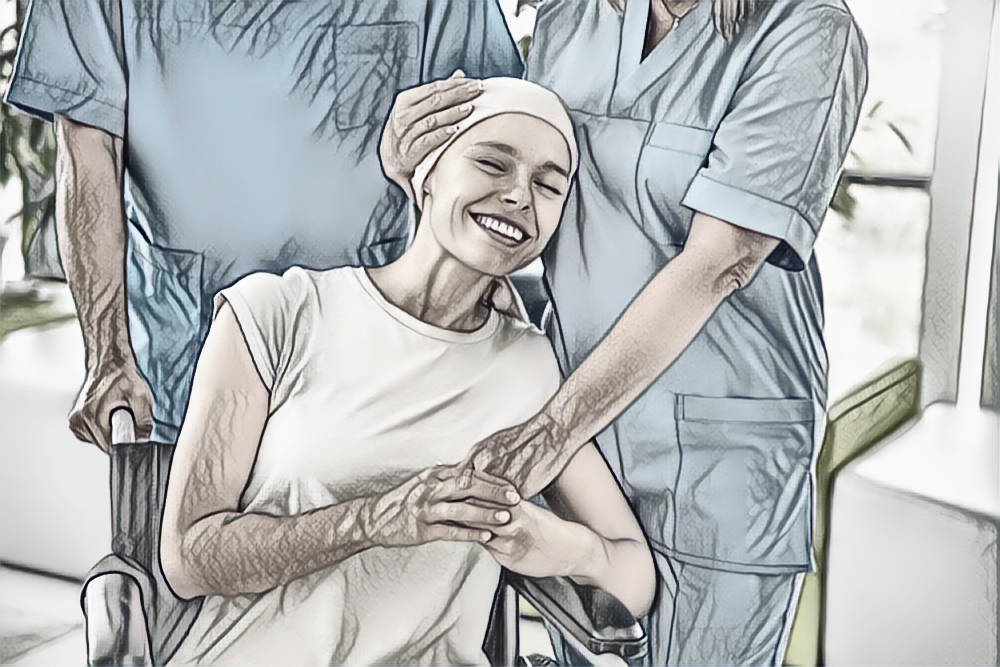Cancer is most treatable when caught early, yet many people avoid routine check-ups or overlook subtle warning signs. Early detection can save lives, and taking charge of your health starts with knowing the right self-exams and screenings for different types of cancer. At IOCI, we believe in empowering you with the knowledge to catch cancer before it progresses.
The Importance of Self-Checks: Know Your Body
Your body often gives signals when something isn’t right. Regular self-exams help identify unusual changes before they become serious concerns. Here are some essential self-checks to incorporate into your routine:
Breast Self-Exam – Women should check for lumps, skin changes, or nipple discharge once a month, especially after their menstrual cycle.
Skin Self-Exam – Check moles and spots for changes in size, shape, or color. Any new or unusual growth should be evaluated by a dermatologist.
Testicular Self-Exam – Men should examine their testicles monthly for lumps, swelling, or changes in texture, as testicular cancer often affects younger men.
Oral Cancer Check – Look inside your mouth for white patches, sores that won’t heal, or persistent pain. Smokers and tobacco users are at a higher risk.
Screening Guidelines for Different Age Groups
While self-exams are crucial, regular screenings provide an additional layer of protection by detecting cancer before symptoms appear. Here’s when you should start getting screened:
20s & 30s – Women should begin regular clinical breast exams; men should conduct monthly testicular self-exams.
40s – Mammograms should be done annually for women; colon cancer screening is recommended if there’s a family history.
50s & Beyond – Prostate exams, colonoscopies, and lung cancer screenings should become routine, especially for high-risk individuals.
Early detection is not just about age – it’s about risk factors like family history, smoking, or obesity. Speak with your doctor about personalized screening recommendations based on your health history.
Why Early Detection Saves Lives
Finding cancer early increases the chances of successful treatment and often leads to less aggressive therapies. Survival rates are significantly higher when cancer is diagnosed in its early stages.
Reduces treatment complexity – Early-stage cancers require less invasive procedures and have better recovery rates.
Higher survival rates – Many cancers, such as breast, skin, cervical, and colorectal cancers, have over a 90% survival rate when caught early.
Empowers you to take control – Regular screenings give peace of mind and early intervention opportunities.
At IOCI, we encourage everyone to be proactive about their health. Your future is in your hands—schedule a screening, know your body, and never ignore warning signs.
Stay informed. Stay proactive. We are #UnitedforYou.













